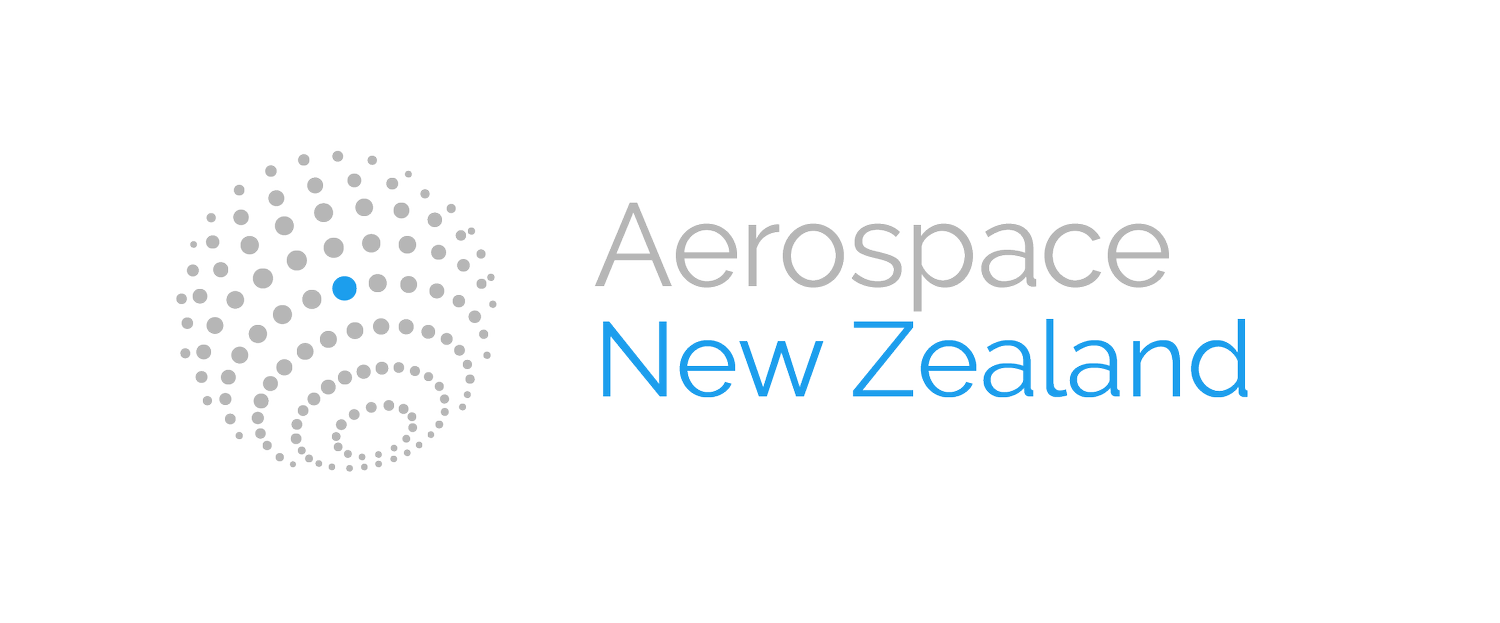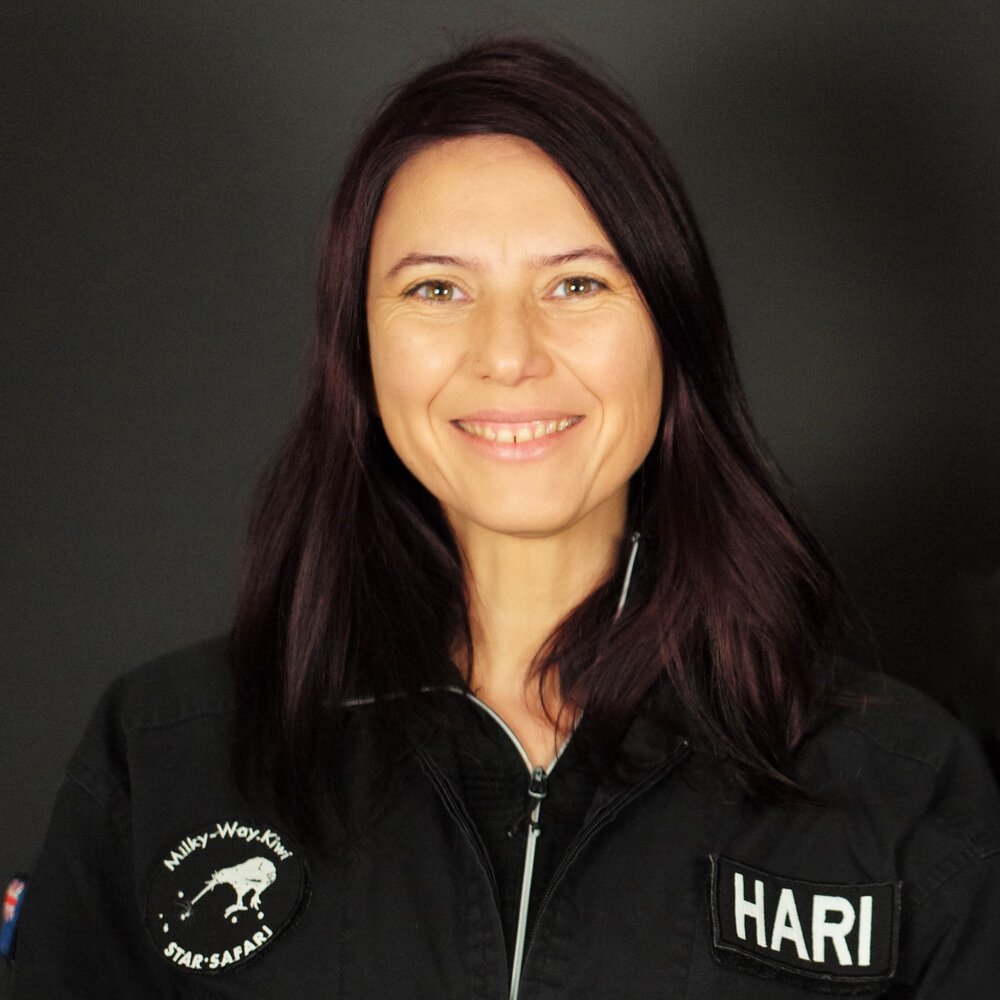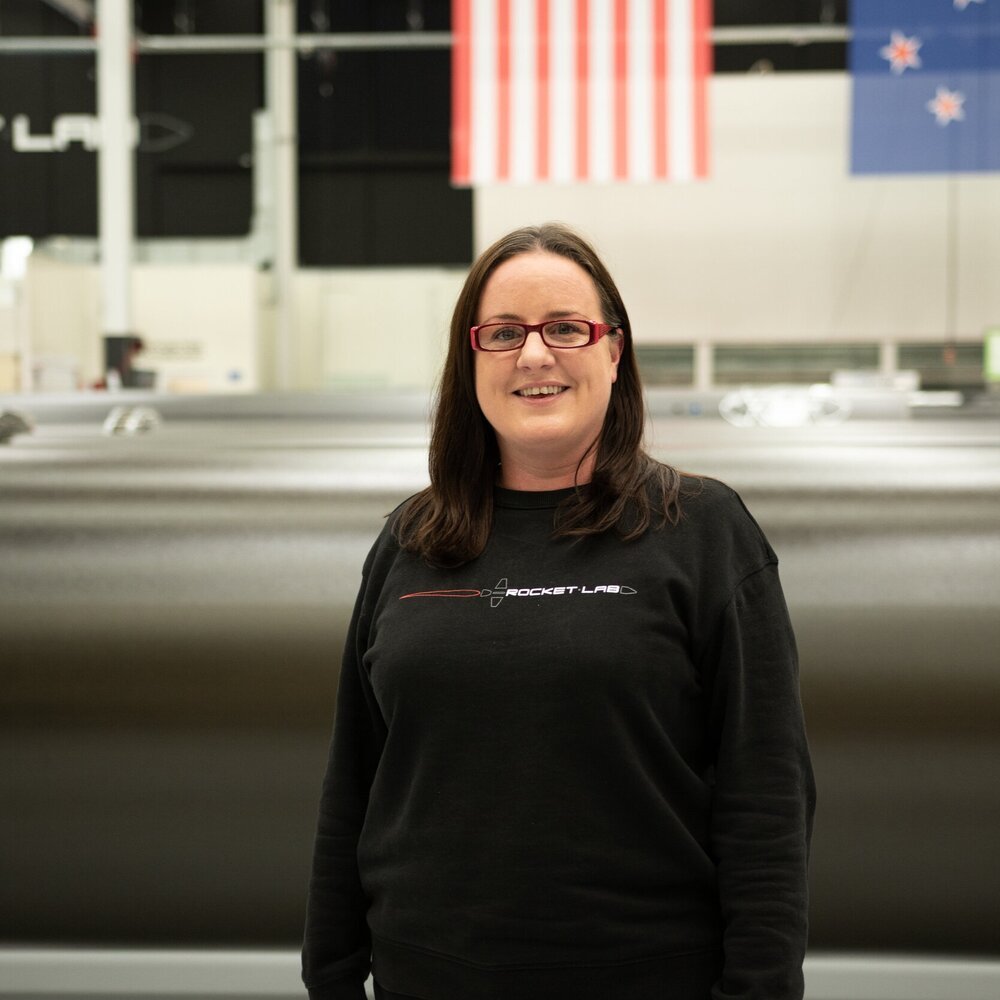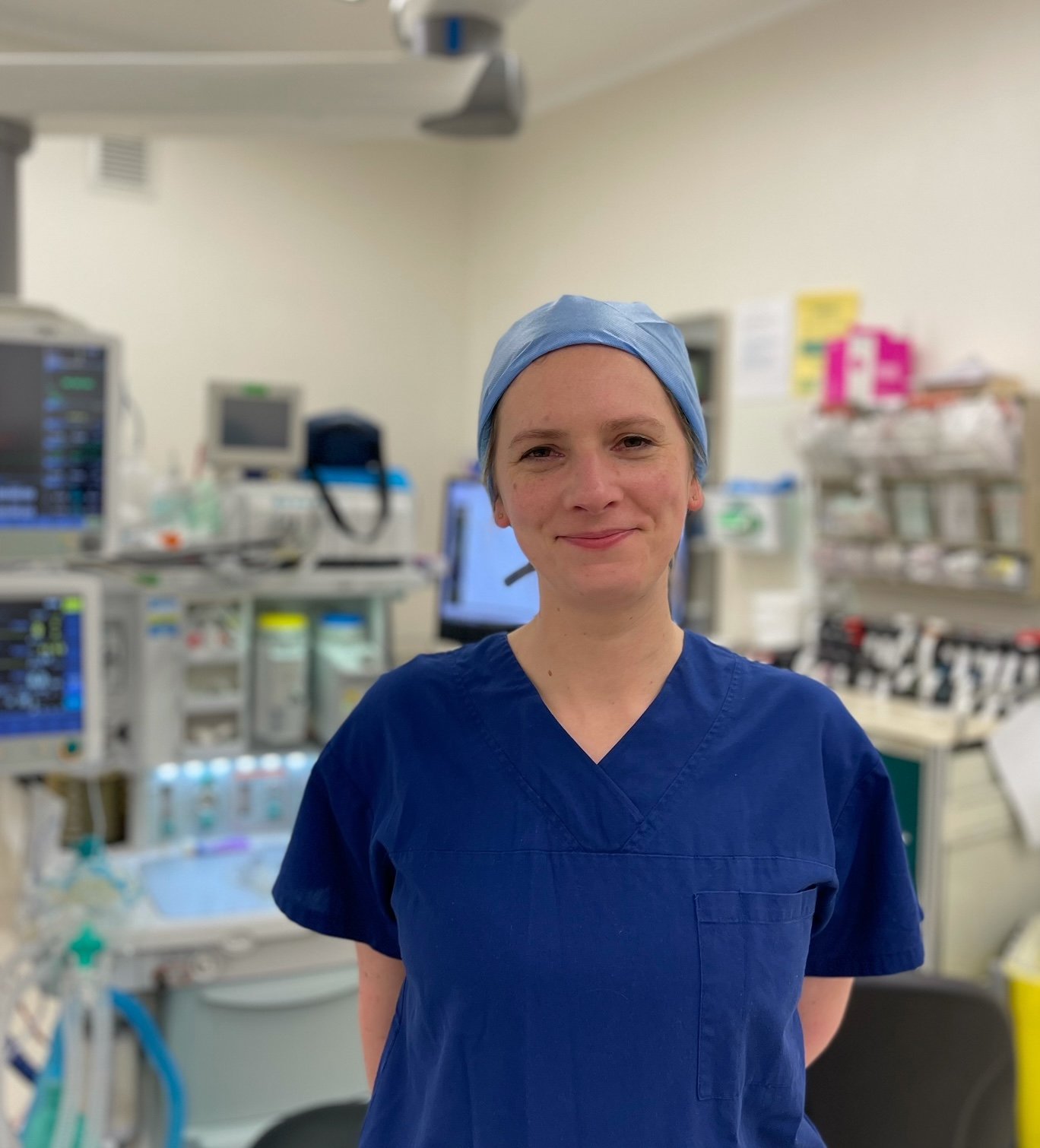Out of This World: Women in Space Reaching New Heights
Celebrating the achievements of women around the world, this year’s theme for International Women’s Day (IWD) is #BreakTheBias.
International Women’s Day encourages us to imagine a world free of bias, stereotypes and discrimination, a world that’s diverse, equitable, and inclusive, and a world where difference is valued and celebrated.
Dedicated to expanding opportunities for women and gender minorities to work in space fields, Women in Space Aotearoa New Zealand is off to a flying start. WISANZ aim is to ‘Break the Bias’ so that all members have equity of opportunity to study, work and succeed in the space sector.
WISANZ was founded in 2021 as a network for women working in space, and those who want to. Driven by a diverse group of inspiring women, WISANZ is open to women in all aspects of the space sector, including science, engineering, business and corporate, medical, policy, and legal fields.
WISANZ aims to support those in the space sector, provide guidance to those looking to enter the sector, and inspire the next generation to reach for the stars. Sharing a common passion for space, the WISANZ community is already home to over 170 individuals working in the New Zealand space industry, including universities and research institutes, government roles and aerospace companies.
In celebration of International Women’s Day, meet a few of the awesome members below:
Dr Lisa Brown
General Surgeon and Aerospace Medicine researcher
What is your current role and what does it involve?
I am a General Surgeon based in Auckland and have also completed training and research in Aerospace Medicine. In addition to working as a Surgeon I spend my time performing Aerospace Medicine research – how the human body reacts in the microgravity environment and how to look after people on long duration missions. I also sit on multiple international Space Medicine committees.
How did you get here?
I completed my Medical Degree and then a PhD
which helped me in my research career and then completed my surgical training. Whilst doing my PhD I studied physics and astrophysics and then went to The University of Oxford as the Aerospace Medicine Research Fellow. I was the first New Zealander to complete the UTMB Principles of Aviation and Space Medicine Short Course which involved training at NASA and I completed an internship with DLR/German Aerospace at the European Astronaut Center. I was on the Space Medicine Association Executive Committee and sit on other international committees. I am currently a volunteer mentor with the United Nations Space4Women Network.
What advice do you have for young New Zealand women interested in the Space industry?
There are so many avenues you can take to pursue a career in Aerospace and with determination it’s really possible to achieve your goals in this area. Don’t let anyone tell you it’s too hard or you can’t do it – because you can!
Ciara Byrne
Senior Talent Acquisition Partner, Rocket Lab
What is your current role and what does it involve?
I am a Senior Talent Acquisition Partner for our People and Culture team at Rocket Lab. I am responsible for managing our recruitment portfolio across all disciplines in our NZ operations. My role is to attract talent for Rocket Lab through advertising, social media platforms and various networking tools.
How did you get here?
I came from the tech industry in Ireland working in account management and sales coaching but
when the global financial crisis happened, I decided to head off on an adventure to beautiful Aotearoa. Recruitment seemed like a natural career choice for me as I enjoy supporting people in their pursuit for the perfect job! I came across Rocket Lab and was excited to see that there was an option to work in the space industry in New Zealand. It has been by far, the most exciting industry I have ever worked in and I love seeing how the team at Rocket Lab has continued to push the boundaries of what we can achieve.
What advice do you have for young New Zealand women interested in the space industry?
I would say that there are opportunities for everyone in the space industry! If you’re studying engineering or commerce or maybe you are completing an electrician apprenticeship, there is something for you here. We just want to see passionate people who love what they do.
Haritina Mogosanu
Astrobiologist & Space Sciences Communicator, New Zealand Astrobiology Network
What is your current role and what does it involve?
I am an astrobiologist and a Space Science Communicator, Executive Director of the New Zealand Astrobiology Network and co-founder of Milky-Way.Kiwi, a space science communication social enterprise. As Senior Science Communicator at Space Place and Programme Manager for Experience Wellington I recently saw my 18 year-dream of creating a planetarium movie about European and Pacific navigation coming true. The movie is called “The Navigators” and it is about how most things in life can be done
in more than one way, about biases and mindsets and, of course, learning about the night sky. As a science communicator it is a huge achievement to see it out there. The knowledge we have from studying the stars has made extraordinary achievements possible, not just scientific ones but also personal. The movie was an opportunity for me to send a hidden message to our tamariki: “Learn your science and be our explorers for the future!”
How did you get here?
I grew up under the beautiful sky of the Northern Cross (Cygnus) in Romania, and have loved the stars ever since I can remember. When I was young, working for a job in the space industry was seen as something unattainable, so I first became a horticultural engineer, then I got my first masters in Environmental Management, and became an avid amateur astronomer and space science communicator. I came to New Zealand to see the star Canopus and the southern sky, and worked for Carter Observatory in Wellington for many years. Then, I had the extraordinary opportunity to train for Mars at the Mars Desert Research Station (MDRS) in Utah on a Romanian Space Agency programme, while working for the Ministry for Primary Industries of NZ as a biosecurity risk analyst. While doing my second Masters in International Security in Intelligence I had an internship at NASA Ames in planetary protection and organised more Mars outreach missions at MDRS and in New Zealand. From my Master’s thesis research work, I learned about the institutionalisation of the civilian space research, which prompted me to establish the New Zealand Astrobiology Network as a Charitable Trust and run wonderful space science outreach programmes under its banner since.
What advice do you have for young New Zealand women interested in the Space industry?
“Never let anyone tell you who you are, what you should do, or ridicule your ideas. Follow your dreams and only choose to do what you absolutely love. When you do what you love it is like having a superpower. This is the only superpower you will ever need.”




